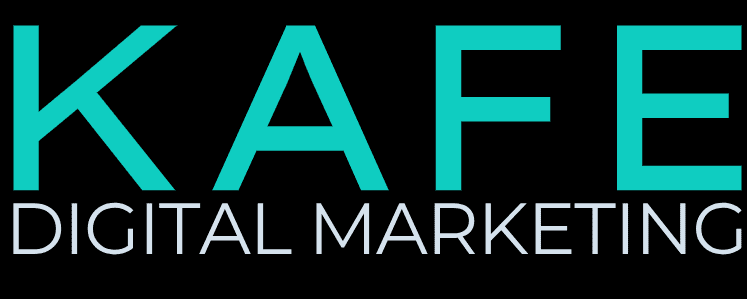Social media is a great way or companies that are selling products to get their message out to the public in many creative ways. These campaigns increase awareness, create buzz and help business to grow through their smart messaging and memorable presentations.
For creative teams, the focus is often on getting their message across to the broadest stream of people. Care, however, must also taken when creating these advertisements because you may find yourself open to legal action due to the words that you use.
Companies use advertisements to achieve a variety of goals:
- To show how much they believe in their product.
- To show that their company will stand by its goods.
- To talk about the benefits of their products
- To make sure that the marketplace knows that they are a player in the game
The danger lies in inadvertently using certain expressions that can be considered an “express warranty.”
What’s an Express Warranty?
According to the FindLaw.com, “An express warranty can take several different forms, whether spoken or written, and is basically a guarantee that the product will meet a certain level of quality and reliability. ”
Here are a couple of examples that show the difference:
- Express Warranty: A light bulb manufacturer prints the words “lasts 15,000 hours” on its packaging.
- Safe statement: “Our bulbs last so long that you’ll forget where you stored the replacements.”
- Express Warranty: Your tweet says “You’ll never fall using our patented no-slip bath mat”
- Safe statement: “Our bath mats are so awesome your friends will beg to take a bath at your house.”
As you can see from these examples, it’s very easy to slip from a simple statement to one that can be considered an express warranty. Social media is so immediate that every advertising post or tweet can get you into a lot of hot water. So while working on your social media strategies and messaging be sure to avoid the pitfalls.
Make Your Advertising Message Clear
Advertising, by its very nature, involves creative boasting or exaggerating claims to gain people’s attention and business. Courts recognize that there is a certain amount of inflating that goes into product descriptions, and as long as an average person can recognize that these statements are being used to sell a product, you’re in the clear. These types of claims will never be held as an express warranty. Using these three rules of thumb, you can have great success in enticing customers and advocate for your brand in a safe manner.
- Convey the greatness of your products using statements that are in vague terms
- Let folks know about what your product can do — but stick to the facts. If you embellish the facts it just might come back to haunt you.
- Shout to the rooftops about how amazing your product is — subjective opinions can’t be held against you
- Setup a comprehensive list of rules specific to your niche so that everyone is on the same page when developing your campaigns
By following these simple rules, you can avoid problems that can lead to a bad reputation for your company. Using social media wisely allows you to stand by your product and grow your brand effectively.
Sources:
Is Your Social Media Campaign Opening You Up to Liability?
sheownsit.com/social-media-campaign-opening-liability-deborahsweeney/
What are Express and Implied Warranties?
consumer.findlaw.com/consumer-transactions/what-are-express-and-implied-warranties.html

Recent Comments